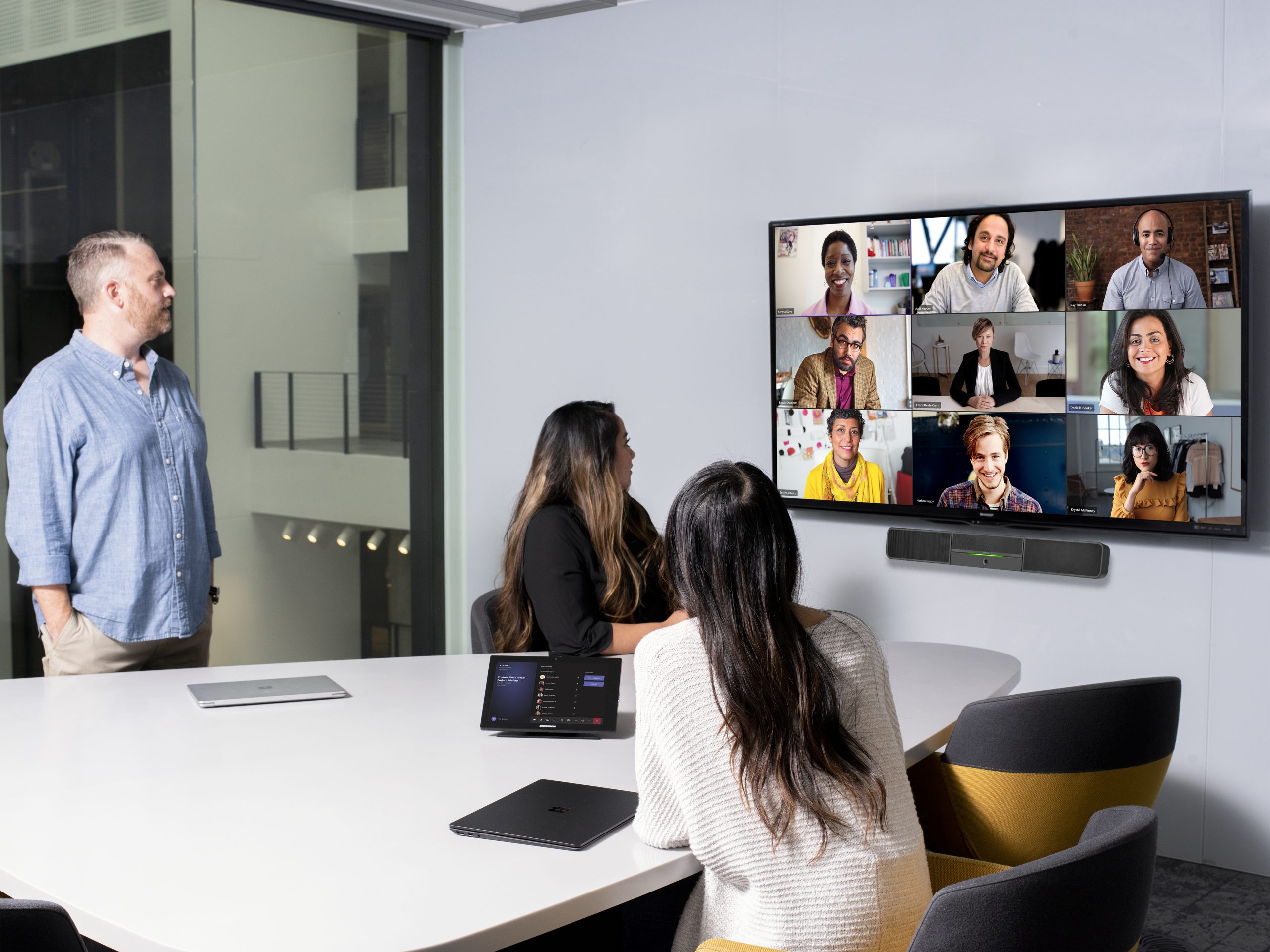Since the start of the pandemic, we’ve taken a data-driven approach to decision making while prioritizing the safety and well-being of our employees. For nearly two years, our hybrid workplace model has anchored each of our work sites to one of six defined stages, allowing us to quickly adjust our guidance depending on health data, local government guidance, the availability of vaccines and vaccination rates and other considerations.
Based on this approach and improving local health metrics, our Washington state work sites will move to our sixth and final stage of the hybrid workplace model, effective Feb. 28, 2022. From this date, employees will have 30 days to make adjustments to their routines and adopt the working preferences they’ve agreed upon with their managers.
Reaching this stage allows us to fully open our facilities to employees, visitors and guests. All campus services will return, including the Connector ride-share option for employees in the Puget Sound area. Additionally, we’re pleased to be joining other area businesses welcoming back more employees in the coming weeks.
There are several important factors we consider when determining if a work site is ready to fully open, including the burden of COVID-19 in the area and community vaccination rates. As of Feb. 8, 2022, 83.8% of eligible King County residents – where most of our Washington state employees live – have completed their vaccine series, and 91.6% have received at least one dose. These high vaccination rates, along with declining hospitalizations and deaths in the state, are part of what enables us to move to this stage of our hybrid work journey. In addition, we ensure that established local testing solutions are in place and that we’re aligned to all government guidance for businesses like ours.
Throughout the pandemic, our employees have adapted to many new ways of working while helping our customers and partners navigate their own challenges. We know there’s not a singular solution to how people work best, which is why we believe flexibility should be at the forefront of our evolving hybrid workplace. Our approach to hybrid embraces schedule flexibility as standard for most roles and provides employees with the opportunity to determine how and where they work best, while making sure an individual’s plans align to the team agreements set with their manager. We’ve committed to empowering our managers with tools and resources to provide employees with the level of care they need during this transition, which includes the ability to approve requests to adjust their work site, location or hours.
When we originally shared our return to office approach with employees in the spring of 2020, our world looked much different. Throughout the past 18 months, we’ve seen exciting advances in science and medicine – from the development of vaccines to new strides in medical treatments. While the world has changed, our dedication to the safety and well-being of our employees has remained constant. As we navigate this new phase of work, we’ll continue to take a data-driven approach to decision making that follows the guidance of public health authorities. We’re maintaining a close watch on local health data in every area where Microsoft has a physical presence, and we’ll adjust our course if necessary. We’ve learned a lot about working remotely in the last two years and we’re fortunate to have the tools to continue doing so if needed.
Outside of Washington state, our Bay Area sites in California, including our new Silicon Valley Campus, will fully open on Feb. 28, and we anticipate many of our other U.S. locations will follow suit as conditions allow.
We’re excited to welcome our employees back to a modern workplace that fosters inclusion, collaboration and community. In the months ahead, we’ll continue to adopt a growth mindset and create a new world of work that is better for everyone as we learn together as One Microsoft.

